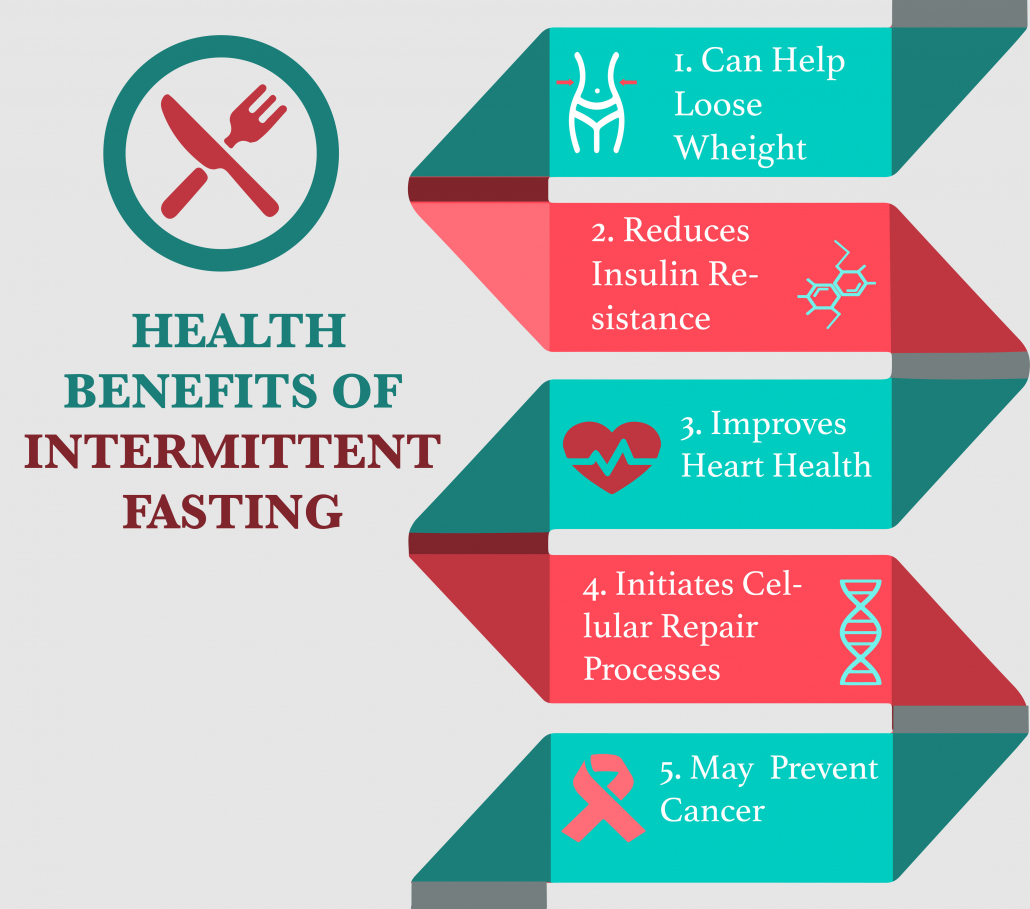
Intermittent fasting is one of the most popular health trends, with millions of adherents. However, as with any health trend, it’s important to ask, is intermittent fasting safe?
Based on the latest intermittent fasting research, IF is safe and beneficial for most people.
With that said, there are many types of intermittent fasting methods. Asking if intermittent fasting is generally safe, is like asking if skiing is safe. If you’re in tune with your abilities and desires and choose the appropriate run accordingly, then you should be quite safe.
And like ski runs, the spectrum of intermittent fasting schedules spans from easy (circadian rhythm fasting) to very challenging (Alternate Day Fasting), with many levels of difficulty in between. What is safe and ideal for you may not be ideal for everybody.
There are certain groups like women in general and women who are pregnant or breastfeeding, who may want to avoid or modify their fasting schedules. While IF is likely not safe for people with eating disorders and those who are underweight.
For people with serious underlying health conditions, we recommend speaking to your doctor to determine if intermittent fasting is safe for you.
Let’s take a closer look at the general safety of intermittent fasting and how to ensure that it’s safe for you.
Simply put, intermittent fasting is one of many dietary plans that call for cycling between periods of eating and not eating.
People practice intermittent fasting to support their health and wellbeing.
Choosing a safe intermittent fasting plan may benefit your health in numerous ways, including:


Though intermittent fasting is generally safe and effective for all sexes, studies show that it does affect men and women differently [19][20].
Men generally tolerate and respond better to intermittent fasting. At the same time, the female body is more sensitive to calorie restriction. The reason for these differences is due to the way that IF affects male and female hormones.
Intense calorie restriction can disrupt the proper secretions of gonadotropin-releasing hormone (GnRH), a hormone that helps the body regulate and release the reproductive hormones luteinizing hormone (LH) and follicle-stimulating hormone (FSH) [21][22].
Disruptions in these female hormones are likely the cause of anecdotal reports of irregular periods and may contribute to poor bone health, decreased ovary size, and amenorrhea [23].
Women can increase the safety of IF while decreasing the likelihood of adverse effects by practicing gentler methods like crescendo fasting and circadian rhythm fasting.
Another way to support the safety of intermittent fasting for women is by combining IF with a high-fat low-carb diet based on nutrient-dense superfoods.
Well formulated low-carb diets can help protect women against hypoglycemic stress and reproductive hormone imbalances. It’s important to remember that fasting isn’t necessarily about eating less calories, it’s about resetting hormonal imbalances caused by eating all the time.
When it comes time to eat, or “feast” during your fasting regimen, the food you eat is as important as when you eat it.
Mediterranean keto and ketogenic diet food lists that include healthy fats and healthy meats will supply the optimal fuel to your regenerating cells.
When considering that women are more sensitive to intermittent fasting than men, it’s natural to ask if intermittent fasting is safe while pregnant.
A recent 2021 study found that IF while fasting when pregnant improved glucose levels and insulin sensitivity while and reducing unwanted weight gain. And may even improve fetal outcomes [24].
However, this same study points out that other studies show that fasting has no effect on intrauterine growth, birth weight, preeclampsia, or gestational diabetes, and suggest the need for further research. A suggestion echoed in other research [25].
One study on 40 normal-weight women practicing a gentle form of intermittent fasting during the Islamic holiday of Ramadan found that IF did not result in a reduction in LDL cholesterol or triglycerides [26]. But these findings do not tell us anything substantial about the overall safety of intermittent fasting while pregnant.
Whether you are man, woman, or pregnant, here on some universal tips that will increase the safety of intermittent fasting.

The IF approach of feasting and fasting mimics ancestral eating patterns. But just because it accords with our biological inheritance doesn’t mean it’s right for everyone.
Some research suggests that some of the benefits of IF may be determined by how long you practice it.
And, as we stated above, the quantity and quality of the food you eat will have a major influence on your outcomes.
To eat in a way that is truly in alignment with our ancestral inheritance is to prize organ meats and animal fats above lean muscle and plant foods.
One emerging concern about intermittent fasting is accruing a physiological “stress debt.”
Going long periods between meals can put the body into a state of stress. Consistently low blood sugar can trigger the release of stress hormones, human growth hormone, epinephrine, glucagon, and cortisol [30] [31] [32].
In the short term, possible negative consequences of these hormones is likely outweighed by reduced hyperinsulinemia and inflammation, autophagy, and improved gut health.
But there is some concern that long term IF can lead to negative hormonal changes, especially in women. .
Short-term intermittent fasting has been shown to increase insulin sensitivity.
But over long periods, consistent stress hormones can trigger the body to enter a state where it anticipates deprivation. As a result it switches into a mode aimed at storing fat as a precaution for enduring deprivation.
This entails insulin resistance while increasing gluconeogenesis (the synthesizing of glucose from protein) at the same time. Together, these factors can result in a state of chronically elevated blood sugar called “fasting hyperglycemia. [33] [34] [35] [36]
A 2020 study lasting 12 weeks and comparing intermittent fasting to a standard diet of 3 meals a day showed that participants practicing IF lost lean muscle compared with those who were not intermittent fasting. [37]
The study was run by a UCSF cardiologist who had been practicing IF for 6 years prior to the trial. The data from his study compelled him to quit the practice even though it was working for him and he had recommended it to his patients. His reasoning for it’s effectiveness despite the negative clinical data: “Almost anything can work if you start paying attention to what you’re eating and being more thoughtful and careful.” [38]
Fasting activates a process called autophagy, entailing cell death and renewal.
When refueling, it’s important to supply your stem cells with optimal fuel–animal fat and nutrient-dense meats.
Refueling with processed foods high in carbs, inflammatory vegetable oils, and added sugars fast can increase cancerous activities and cause pre-cancerous lesions, especially in the liver and intestines.
Intermittent fasting is safe and beneficial for most people. However, the benefits of intermittent fasting have been researched mostly in short-term trials.
There is emerging evidence that the long-term practice of IF may have some downsides to be aware of. However, anecdotal evidence tells us that there are tens of thousands of people who have been practicing long-term IF with zero downsides. The key to a safe and effective IF practice is listening to your body.
Research also shows that for women, a gentler If fasting cycle with less time in between meals may be healthier.
When considering the question, ‘Is intermittent fasting safe?”, it appears that at the very least, short-term intermittent fasting is safe and beneficial for most people.
Intermittent fasting can be a safe and powerful way to develop mindfulness and around eating patterns, leading to healthier and long-lasting diet and lifestyle choices.

.png)
We’re a global community of seekers, healers, and doers committed to reclaiming health on our own terms. When you join the Kiltz Mighty Tribe (KMT), you’ll gain access to education, support, and collective wisdom.


